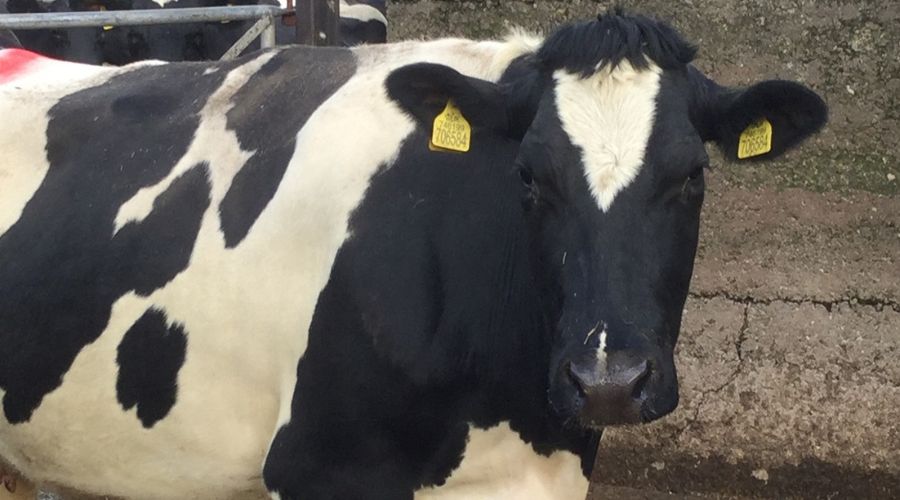Farmers fined for keeping cattle with bovine TB reactors on farm
13th March 2024
Three family members from a farm in Pembrokeshire have been sentenced for deliberately swapping cattle ear tags to keep animals with bovine tuberculosis (bTB) reactors on the farm.

Edward, Charles and Henry Hartt were found to have created an illegal, unacceptable and serious risk to animal health.
All three defendants had previously pleaded guilty to 12 counts. Each man was fined a total of £24,000 to £2,000 for each count on the indictment.
They faced confiscation orders of £217,906 against each defendant jointly and severally to reflect the ‘criminal benefit’ associated with the offending. The court also awarded the council costs of £94,569.
The Hartts operate a large-scale dairy and beef farming enterprise, Messrs EW Hartt & Sons, at Longford Farm, Clynderwen, comprising about 2,800 cattle.
Allowing disease to persist on farm
The three men were sentenced at Swansea Crown Court on Monday 4th March for offences committed under the Cattle Identification (Wales) Regulations 2007. The legislation underpins cattle management, disease control and traceability systems put in place to ensure the safety of the entire farming industry.
The court heard that where higher value cattle had tested positive for TB and would be valued for compensation, poorer quality animals would then be sent for slaughter in their place.
This meant that infected animals were kept on the farm with a significant risk of spreading the disease to other animals and jeopardising the success of the TB eradication programme.
Their retention would undoubtedly allow the disease to persist on farm, slowing the progress of eradication within the herd and the general cattle population and increasing costs to the Welsh Government and taxpayer.
The practice would also have resulted in the slaughter of healthy animals not actually infected with TB.
Clear risk
It was also determined that a portion of farm’s milk would have come from TB reactors that should have been removed, which under food safety legislation was banned from entering the food chain.
Where poorer cattle tested positive, evidence showed that they were substituted at valuation for higher value animals, attracting a higher level of compensation – but with the more valuable animals subsequently retained and the lower value TB reactors sent for slaughter.
The sentencing reflected the heightened TB risk of reactors remaining on farm, TB lesions present in cattle and a clear risk that misidentified animals could have entered the food chain.
As well as the significant fine, associated action has been taken against the defendants under the Proceeds of Crime Act 2002 (POCA).
Confiscation orders
The Hartts’ actions enabled a steady and continual expansion of the business, on a stronger financial footing, to the detriment of other farms in a competitive market.
The case brought by Pembrokeshire County Council followed an in-depth investigation by officers from the council’s Public Protection Animal Health and Welfare Team, working in conjunction with the Animal and Plant Health Agency veterinary officers and other regulatory partners.
The investigation was triggered following the identification of anomalies at the farm in June 2019.
The farm was one of only two in Wales to have had TB present for over 20 years. Since 2009 the farm had received more than £3 million in compensation payments, more than any other farm in Wales.
Drain on resources
The prosecution maintained that the large-scale illegality underpinned the foundations of the entire farming enterprise over a considerable period of time.
Following the conclusion of the court case, cllr Michelle Bateman, cabinet member for housing operations and regulatory services, welcomed the level of sentence.
She said: “This case will have resulted in unnecessary cost and a drain on resources for those involved in the TB eradication programme, including the major use of public money by Welsh Government who fund the implementation of the compensation scheme.
“It also greatly risks the health of neighbouring herds through unnecessary contamination of the environment as well as damaging the farming industry and public confidence in the safety of milk and meat.
“I congratulate our council officers and all agencies in bringing this case successfully to court. I hope that this action and sentence will send a message that this sort of illegal behaviour will not be tolerated.”
Read more rural crime news.

